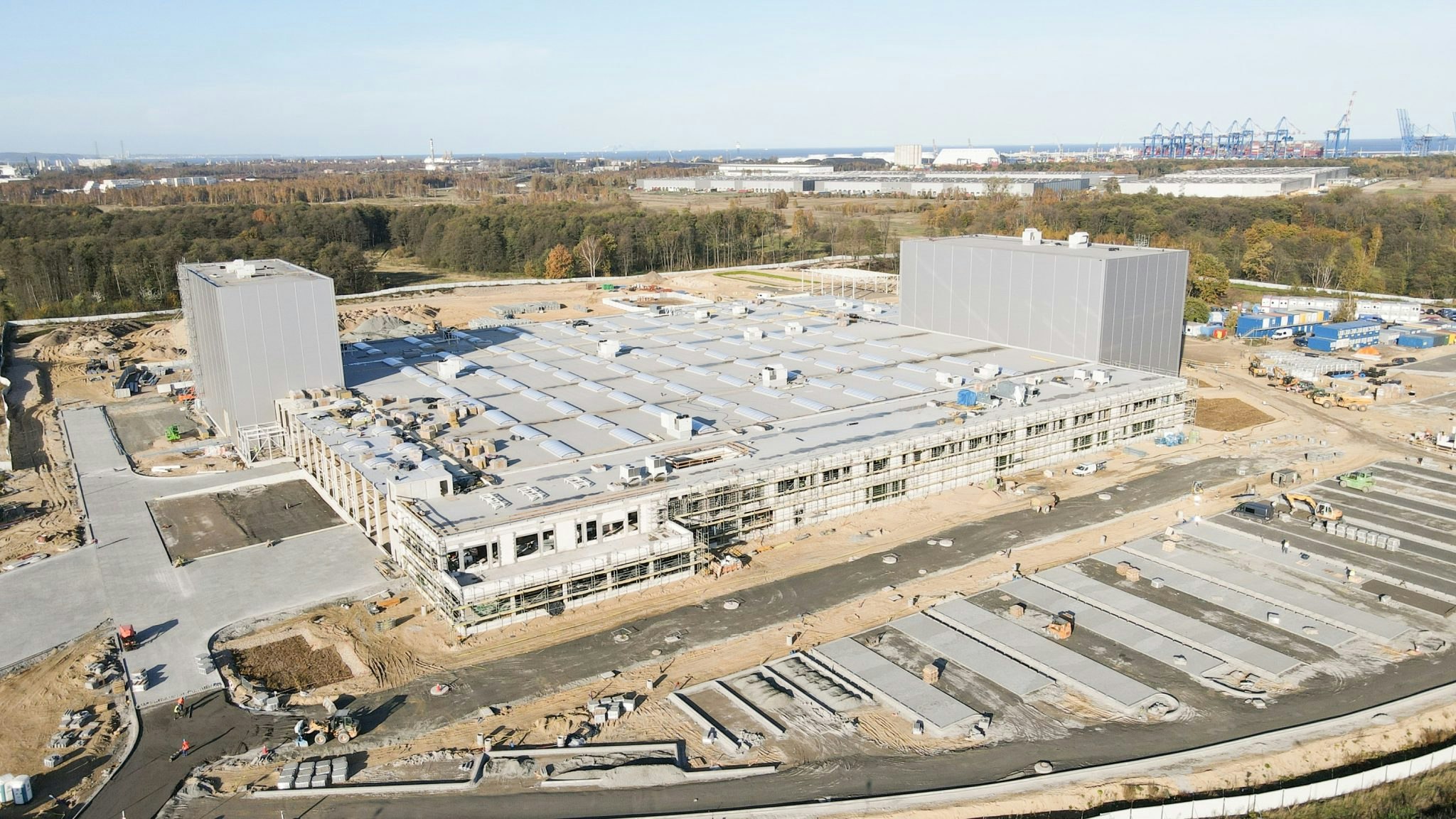The carbon removal sector had a strong 2022. It brought in the big bucks — funding hit $13.8bn globally according to Pitchbook, nearly a record despite the downturn — and it gained more political and scientific recognition too, when the Intergovernmental Panel on Climate Change (IPCC) highlighted the need for carbon removal solutions for the first time.
Now the sector has its own dedicated VC fund — the first solely committed to CO2 removal technologies — in London-based Counteract.
It’s just reached a first close of £15m on its inaugural fund (targeting £35m in total), in a sign that investors are willing to take the risks, and potential gains of the sector, more seriously.
Counteract, which already has 12 companies in its portfolio, has just one strict criterion companies it invests in need to meet: that they can demonstrate the potential to remove 500m tonnes of CO2 from the atmosphere by 2050.
To put that in context, we’re currently removing around 2bn tonnes of CO2 from the atmosphere each year (in the large part through forests) — and scientists estimate that we’ll need roughly 1,300x more carbon removal than that by 2050.
A specialist fund within a specialism
There’s been a flurry of new climate VC funds launched in the last six months, including a €160m fund from Planet A just last week, but few have such a specific focus as Counteract.
“It might sound like we have a very narrow investment focus because we only invest in carbon removal within climate investing; so we're a specialist fund within a specialism,” says Andrew Shebbeare, managing partner at Counteract.
“But at the same time, we're also broad in that we invest in all carbon removal pathways.”
Counteract will invest in any form of carbon dioxide removal — from nature-based solutions like forestry and regenerative agriculture to heavily engineered solutions like direct air capture, and those in between like biomass (where organic matter is used to remove CO2 and then stored underground).
“If we didn't accept any uncertainty, we would do nothing”
Judging whether different solutions will be able to meet Counteract’s criteria is difficult, says Shebbeare — each solution has its own problems to overcome.
“We have to accept that there is a lot of uncertainty, but if we didn't accept any uncertainty, we would do nothing,” he says.
There are questions about the scalability of tech and things like the biomass supply chain. There are also questions about the market scale of the outputs produced through carbon removal solutions.
Counteract invested in a company that produces nickel as a byproduct of its CO2 removal process, for example — in that case, there are questions around the scalability of the nickel market.
Counteract invests in companies working on both credit models (where they sell carbon credits equivalent to a tonne of CO2 removed from the atmosphere) as well as business models like the nickel startup.
Looking outside of Europe and the US
Counteract also looks for solutions with “co-benefits” — things like cement generated from recycled CO2, a solution which both permanently sequesters carbon and helps decarbonise the cement sector.
The fund will invest globally — and the team are particularly keen to hear from founders working outside of Europe and the US.
“The startup ecosystem has a part to play in trying to foster early-stage growth in the global south — and there are natural reasons why it’s a better opportunity for carbon removal,” says Shebbeare.
The Rift Valley in Kenya, for example, is a volcanic belt, meaning it has access to geothermal energy — that makes it ideal for direct air capture, says Caitlin Wale, a principal at Counteract, because the tech needs clean energy to run.
For now, despite the questions left for the carbon removal industry to answer, there’s a lot of momentum and interest — and Counteract says it will be announcing more deals soon.


